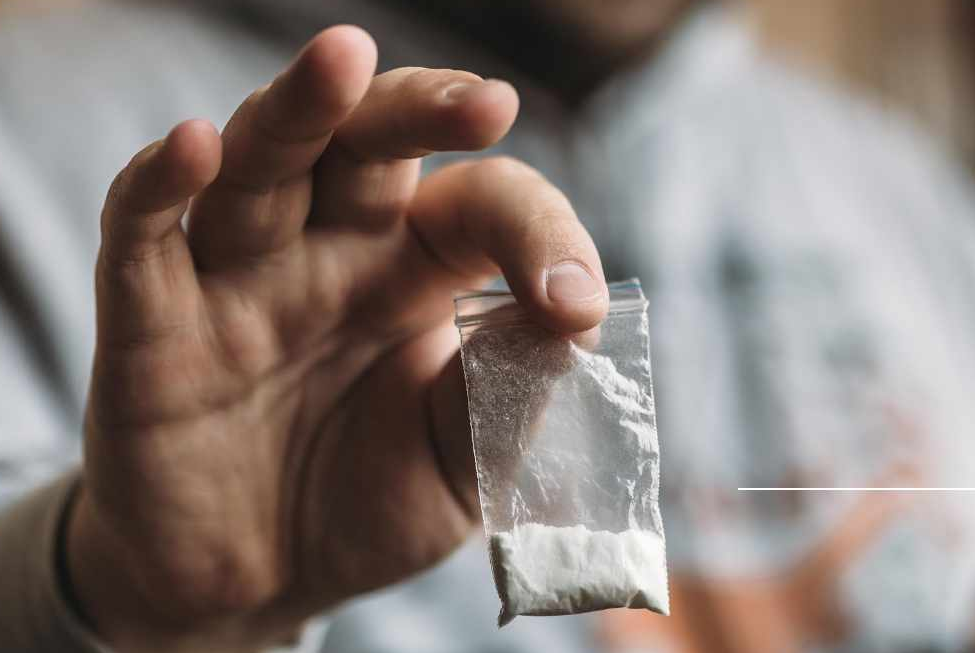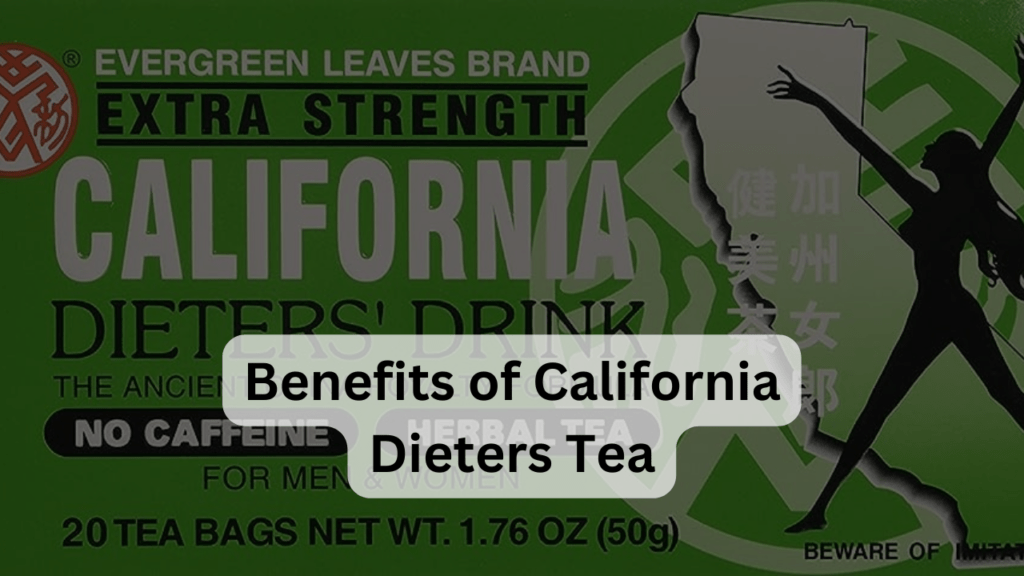Cocaine, a powerful stimulant drug, is notorious for its euphoric effects and addictive potential. But beyond the temporary high, cocaine harbors a dark secret: a significant impact on your cardiovascular health, particularly in the form of elevated blood pressure. Does cocaine increase blood pressure? This article delves into the intricate relationship between cocaine and blood pressure, exploring the mechanisms, consequences, and potential mitigation strategies.
Understanding Blood Pressure: The Basics
Before delving into cocaine’s influence, let’s establish a foundation. Blood pressure measures the force exerted by your circulating blood against the walls of your arteries. Two key values are measured:
- Systolic pressure: This represents the pressure when your heart contracts, pushing blood through your arteries.
- Diastolic pressure: This indicates the pressure when your heart relaxes between beats.
A healthy blood pressure reading typically falls below 120/80 mmHg. However, cocaine throws a wrench into this delicate balance.
Cocaine’s Nefarious Impact on Blood Pressure
Cocaine’s stimulant properties directly affect the nervous system, triggering a cascade of events that raise blood pressure:
- Catecholamine Surge: Cocaine blocks the reuptake of dopamine, norepinephrine, and serotonin – neurotransmitters known as catecholamines. This surge floods the bloodstream, constricting blood vessels and increasing heart rate.
- Stress Hormone Spike: Cocaine also stimulates the release of stress hormones like cortisol and adrenaline, further amplifying blood pressure elevation.
- Heart Rate Acceleration: The combined effects of catecholamines and stress hormones cause the heart to beat faster and with greater force, further increasing pressure on the arterial walls.

Consequences of Cocaine-Induced Blood Pressure Spikes
The immediate consequences of cocaine-induced blood pressure spikes can be alarming:
- Headaches and Dizziness: The sudden surge in pressure can cause throbbing headaches and dizziness, potentially leading to fainting.
- Chest Pain and Palpitations: The rapid heart rate and increased workload on the heart can trigger chest pain and uncomfortable palpitations.
- Anxiety and Panic Attacks: The heightened stress response and physical discomfort can exacerbate anxiety and lead to panic attacks.
Beyond these immediate effects, chronic cocaine use poses even graver threats:
- Hypertension: The repeated strain on the cardiovascular system can lead to long-term high blood pressure, significantly increasing the risk of heart disease, stroke, and kidney damage.
- Aortic Dissection: In severe cases, cocaine-induced blood pressure spikes can lead to a life-threatening condition called aortic dissection, where the inner layer of the aorta tears.
- Heart Attack and Stroke: The combination of high blood pressure, rapid heart rate, and impaired blood flow significantly raises the risk of heart attack and stroke, even in young and healthy individuals.
Breaking the Cycle: Mitigating the Risks
If you or someone you know struggles with cocaine use, seeking help is crucial. Here are some steps to mitigate the risks associated with cocaine-induced blood pressure spikes:
- Seek Addiction Treatment: Professional addiction treatment programs offer comprehensive support to manage cravings, address underlying issues, and develop healthy coping mechanisms.
- Monitor Blood Pressure: Regularly monitoring your blood pressure can help identify potential problems early and prompt timely medical intervention.
- Adopt Healthy Lifestyle Practices: Maintaining a balanced diet, engaging in regular exercise, and managing stress through techniques like meditation can significantly improve cardiovascular health and reduce blood pressure.
- Seek Medical Guidance: If you have concerns about your blood pressure or cardiovascular health, consult a healthcare professional for personalized advice and treatment options.

Remember: Cocaine use is never without risks. By understanding the dangers of cocaine-induced blood pressure spikes and seeking help, you can safeguard your health and break the cycle of addiction.
READ: Can You Take Collagen with High Blood Pressure Medication?
Unveiling the Mechanisms Behind Cocaine’s Blood Pressure Surge
We’ve established that cocaine’s impact on blood pressure is far from benign. But what exactly happens within the body to trigger this dangerous spike? Buckle up, as we delve deeper into the intricate mechanisms at play:
The Catecholamine Cauldron
Imagine your nervous system as a bustling marketplace. Neurotransmitters act as vendors, carrying messages between neurons. Cocaine disrupts this market by blocking the reuptake of key players like dopamine, norepinephrine, and serotonin – collectively known as catecholamines.
This essentially creates a surplus of these vendors, flooding the system with their potent effects.
- Dopamine: This “feel-good” neurotransmitter fuels the euphoric high associated with cocaine. However, its surge also constricts blood vessels and increases heart rate, contributing to the blood pressure spike.
- Norepinephrine: Often dubbed the “fight-or-flight” hormone, norepinephrine prepares the body for physical exertion. In the context of cocaine, it amplifies the heart rate and constricts blood vessels, further elevating blood pressure.
- Serotonin: While less directly involved in blood pressure regulation, serotonin’s interaction with other neurotransmitters can contribute to the overall cardiovascular response to cocaine.
The Stress Hormone Symphony
Cocaine doesn’t just affect the neurotransmitter market; it also conducts a stress hormone symphony. The drug stimulates the release of cortisol and adrenaline, hormones typically associated with the body’s fight-or-flight response. These hormones further constrict blood vessels and increase heart rate, adding another layer to the blood pressure surge.
The Sympathetic Surge
Think of your nervous system as having two branches: the sympathetic and the parasympathetic. The sympathetic branch governs the fight-or-flight response, while the parasympathetic branch promotes relaxation. Cocaine throws a wrench into this balance, tipping the scales towards the sympathetic side. This surge in sympathetic activity directly translates to increased heart rate and blood pressure.

The Sodium Shuffle
Cocaine’s impact extends beyond the nervous and hormonal systems. It also disrupts the delicate balance of electrolytes in your body, particularly sodium. Cocaine can cause the kidneys to retain more sodium, leading to increased water retention and, consequently, higher blood pressure.
READ: How to Get Rid of High Blood Pressure in Bitlife?
A Tangled Web of Consequences
These intricate mechanisms intertwine to create a cascade of effects that ultimately culminate in the dangerous spike in blood pressure associated with cocaine use. This surge isn’t just a temporary inconvenience; it poses serious long-term risks:
- Hypertension: The chronic strain on the cardiovascular system can lead to long-term high blood pressure, significantly increasing the risk of heart disease, stroke, and kidney damage.
- Aortic Dissection: In severe cases, cocaine-induced blood pressure spikes can lead to a life-threatening condition called aortic dissection, where the inner layer of the aorta tears.
- Heart Attack and Stroke: The combination of high blood pressure, rapid heart rate, and impaired blood flow significantly raises the risk of heart attack and stroke, even in young and healthy individuals.
Remember: This is not an exhaustive list, and the specific consequences of cocaine use can vary depending on individual factors like health history, dosage, and frequency of use.
Breaking the Cycle: Towards a Healthier Horizon
The good news is that there’s hope. By understanding the mechanisms behind cocaine’s impact on blood pressure and seeking help, you can break the cycle of addiction and safeguard your health. Here are some crucial steps:
- Seek Addiction Treatment: Professional addiction treatment programs offer comprehensive support to manage cravings, address underlying issues, and develop healthy coping mechanisms.
- Monitor Blood Pressure: Regularly monitoring your blood pressure can help identify potential problems early and prompt timely medical intervention.
- Adopt Healthy Lifestyle Practices: Maintaining a balanced diet, engaging in regular exercise, and managing stress through techniques like meditation can significantly improve cardiovascular health and reduce blood pressure.
- Seek Medical Guidance: If you have concerns about your blood pressure or cardiovascular health, consult a healthcare professional for personalized advice and treatment options.
Does Cocaine Increase Blood Pressure?
Cocaine’s impact on blood pressure is a crossroads of choice. One path leads to the temporary high of the drug, followed by the perilous consequences of elevated blood pressure and its associated health risks. The other path, though challenging, paves the way for recovery, resilience, and a healthier future.
The decision to break free from cocaine addiction and prioritize cardiovascular health is never easy. But by understanding the intricate mechanisms behind cocaine’s influence, seeking professional help, and adopting healthy lifestyle practices, individuals can take control of their well-being and reclaim their lives.
Additional Resources
- National Institute on Drug Abuse: https://www.nih.gov/about-nih/what-we-do/nih-almanac/national-institute-drug-abuse-nida
- American Heart Association: https://www.heart.org/
- National Alliance on Mental Illness (NAMI): https://www.nami.org/Home
FAQs – Cocaine & Blood Pressure
How quickly does cocaine raise blood pressure?
Cocaine’s impact on blood pressure is immediate and significant. Within minutes of use, your blood pressure can spike, with the peak effects typically occurring within 15-30 minutes. However, the duration of the elevation can vary depending on factors like dosage and individual differences.
What are the symptoms of cocaine-induced high blood pressure?
The symptoms of cocaine-induced high blood pressure can mimic those of anxiety and panic attacks, including:
- Headaches
- Dizziness
- Chest pain
- Palpitations (rapid or irregular heartbeat)
- Anxiety
- Shortness of breath
- Sweating
- Numbness or tingling in the extremities
Can occasional cocaine use still affect blood pressure?
Even occasional cocaine use can put a strain on your cardiovascular system and raise your blood pressure, increasing the risk of long-term health problems. The cumulative effects of cocaine exposure contribute to the development of chronic hypertension and associated health risks.
Does quitting cocaine lower blood pressure?
The good news is that quitting cocaine can lead to a gradual normalization of blood pressure over time. However, the rate of improvement varies depending on individual factors and the extent of preexisting damage. Additionally, some individuals may require medical intervention to manage their blood pressure during and after cocaine cessation.
What are the long-term risks of cocaine-induced high blood pressure?
Chronic cocaine-induced high blood pressure significantly increases the risk of developing serious health complications, including:
- Heart disease
- Stroke
- Aortic dissection
- Kidney damage
- Heart attack
- Congestive heart failure
What can I do to protect my cardiovascular health if I have used cocaine?
If you have used cocaine, there are steps you can take to protect your cardiovascular health:
- Seek professional addiction treatment and support to address the underlying reasons for your cocaine use.
- Monitor your blood pressure regularly and consult a healthcare professional if you notice any concerning changes.
- Adopt healthy lifestyle practices, including a balanced diet, regular exercise, and stress management techniques.
- Follow any personalized medical advice or treatment plans recommended by your doctor.


